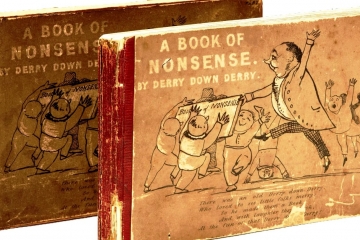
Do you want to enlarge your vocabulary? How can you do it? The answer is simple! You need to work with collocations. But what does “collocation” mean?
A lot of people think that learning vocabulary is just learning more new words. That’s not enough! We also must know some expressions combined with a word. English words have friends and you need to know who they are. We call this friendship "collocation". Remember that it’s a very important part of learning vocabulary.
Besides collocation is how words go together with other words, it tells us which words can come before or after other words.
Let’s have a look at some examples of collocations and try to remember them. For instance, everyone uses the word “house” but not all know the expressions with it.
verb + house
build a house
share a house
demolish a house
renovate a house
break into a house
move house
common expressions
live in a house
stay at someone’s house
pass someone’s house
lock yourself out of the house
In every house we have stairs. Could you name the collocations that go with it?
verb + stairs
use ⁄ take the stairs
climb the stairs
run up ⁄ down the stairs
fall down the stairs
common expressions
carry something up ⁄ down the stairs
a flight of stairs
the top ⁄ bottom of the stairs
The house consists of different rooms. And it’s important to learn the collocations of the word “room”!
verb + room
share a room
tidy your room
let out rooms
common expressions
a bright room
a comfortable room
a tidy ⁄ an untidy room
a single ⁄ twin ⁄ double room
the spare room
the next room
the room is crowded
the room is locked
a waiting room (at the station or hospital)
You know a lot of collocations, you speak fluently! Your speaking skills depend on having a large store of words and expressions which you don't need to think about or construct every time you speak English.































